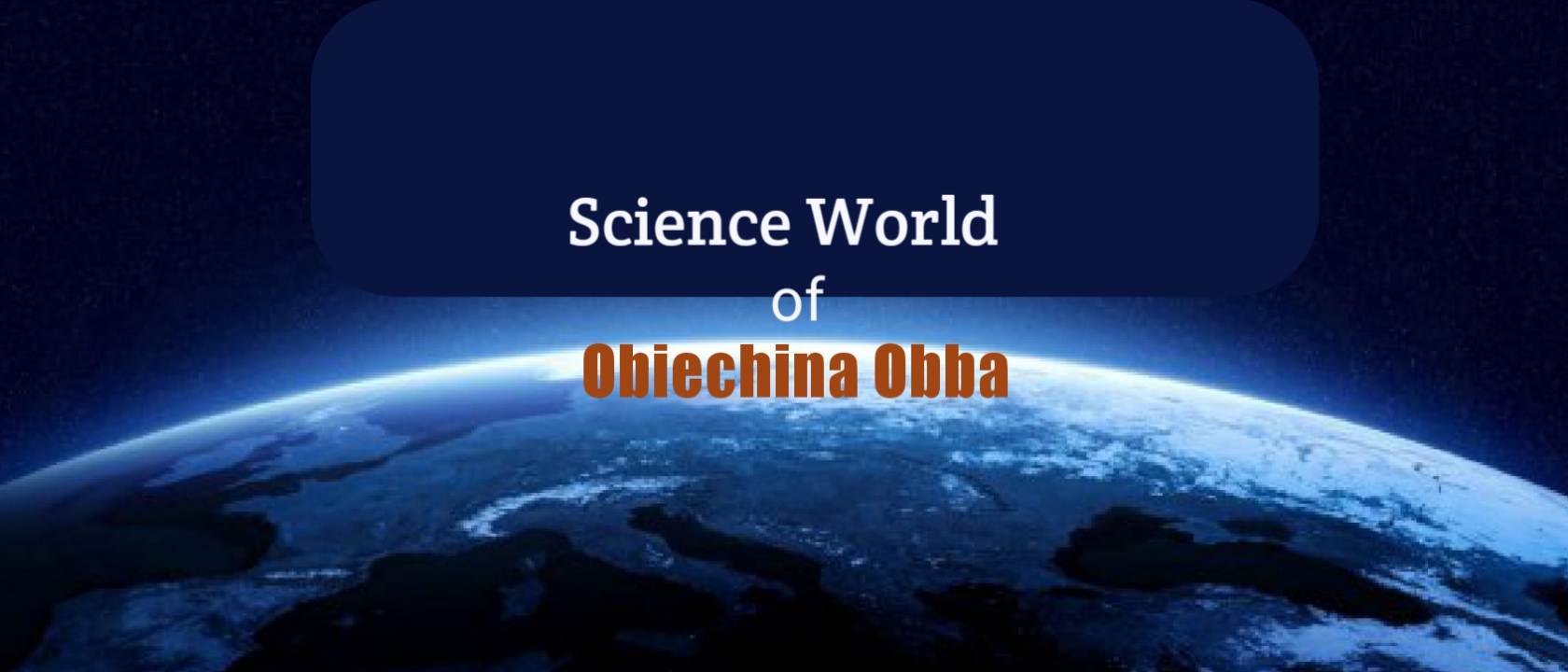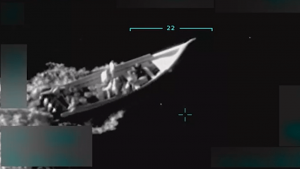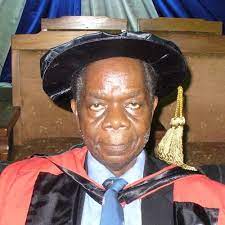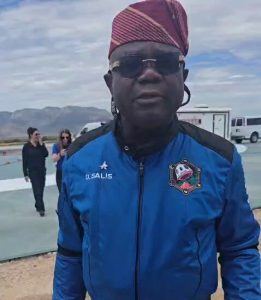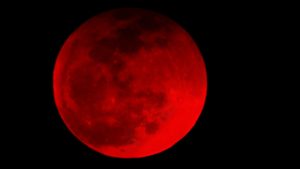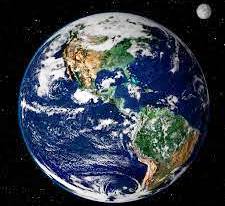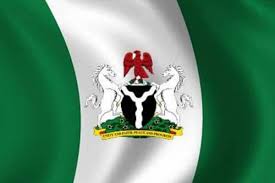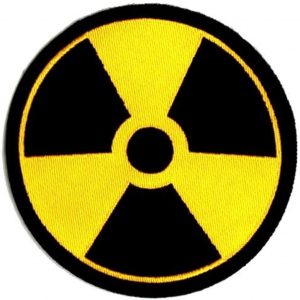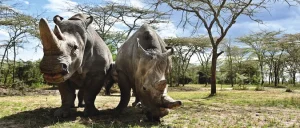The government of Nigeria has flagged-off its “Solar Power Naija Programme” with the provision of solar home systems to 100,000 households.
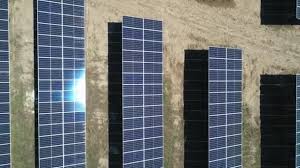
The programme, which hopes to provide five million such connections in its first phase, was launched by Vice President Yemi Osinbajo in Jangebe community, Jigawa State, northwest Nigeria.
The Central Bank of Nigeria, CBN, is leading the concessionary financing for the programme with N140 billion.
It is a public-private partnership where private companies will take loans from the CBN through their banks to install and manage the solar home systems.
A number of commercial banks like Sterling Bank, UBA, and First Bank have already signed-up to the programme.
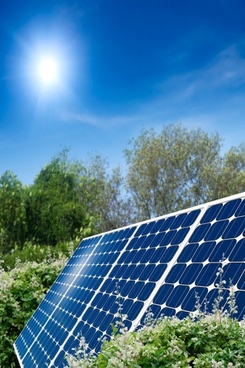
The consumer will pay between N3,000 to N4,000 monthly until the cost is recovered and he takes ownership of the solar system.
This is part of the Economic Sustainability Plan of the government to power communities not connected to the national grid.
It is estimated that 90 million Nigerians are not connected to the national grid and another 30 million are under-served, receiving less than four hours of electricity a day.
The programme is regulated by Nigeria’s Rural Electrification Agency, REA, which says 250,000 new jobs are being created through it.
A-Solar, one of the indigenous companies involved, is opening two assembly plants for the solar panels and batteries it needs.
Jigawa State governor, Baderu Abubakar, thanked the Federal Government for starting the programme in his state.
REA has planned 12 local grids and in one of them connected Olooji community in Ijebu East, Ogun State, southwest Nigeria, with 100 kw from 304 solar panels, 72 batteries with 30 km of distribution cables.
The government decided to make it a government-private partnership to reach more communities.
The World Bank is undertaking 20% of the total cost of the programme.
.
,
